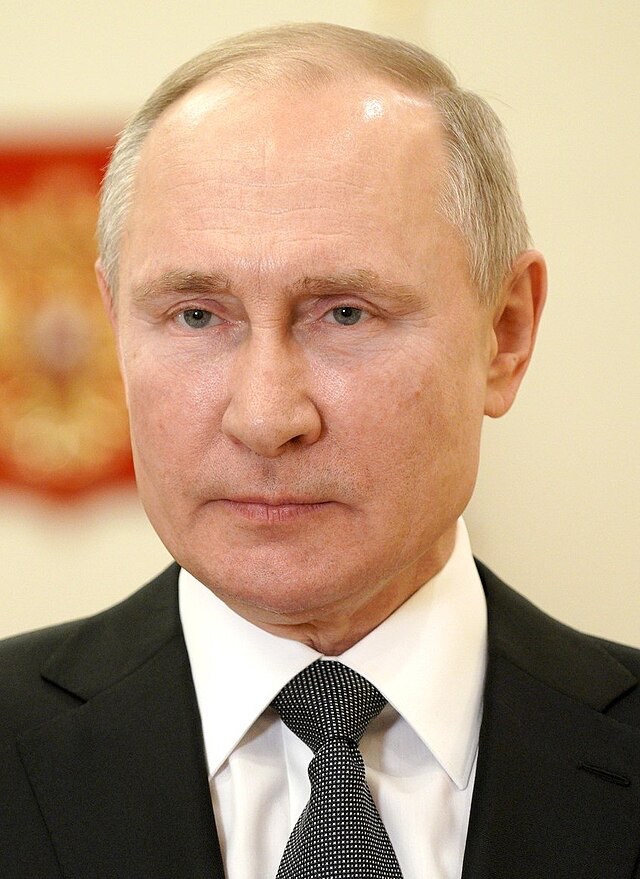The specter of nuclear conflict has loomed larger than ever in recent weeks. On the world stage, Russia has made headlines once again with chilling statements about its nuclear capabilities. As tensions between East and West escalate, experts and global citizens alike are grappling with a disturbing question: Are we witnessing the early signs of World War III?
Russian officials have warned that the nation reserves the right to use nuclear weapons if faced with existential threats, including non-nuclear attacks from the West. The implications of this statement are staggering—not just for Ukraine, but for global peace and diplomacy.
In this article, we unpack what these warnings mean, how they fit into Russia’s broader military doctrine, and how global powers like the US, UK, and NATO are responding. The world is watching, and the stakes couldn’t be higher.
What Did Russia Say About Nuclear Weapons?
In a statement that has shocked the international community, Sergei Shoigu, head of Russia’s Security Council and former defense minister, reaffirmed that Russia reserves the right to use nuclear weapons. This declaration followed closely behind President Vladimir Putin’s formal amendments to Russia’s nuclear doctrine—changes that signal a potential shift in how and when Russia might deploy its nuclear arsenal.
This is not mere political theatre. Shoigu’s comments were pointed: if the West continues what Moscow deems “aggressive actions,” Russia will respond accordingly. Whether that means cyberattacks, drone strikes, or boots on the ground, the threshold for nuclear response appears lower than ever.
Updated Russian Nuclear Doctrine Explained
So, what exactly has changed in Russia’s nuclear doctrine?
The new strategy now allows for a nuclear response to conventional attacks, provided they threaten the existence of the Russian Federation or that of its allies—most notably Belarus. This doctrine breaks from the traditional Cold War-era stance, which held nuclear retaliation as a last resort against other nuclear powers.
Key Points of the Revised Doctrine:
- Nuclear weapons may be used in response to conventional warfare, including NATO-led operations.
- Attacks on Russian infrastructure, leadership, or key allies can trigger a nuclear response.
- The updated policy emphasizes a “preventive” stance—using nuclear force to deter future conflicts rather than as a retaliatory tool.
This hardline approach makes diplomacy increasingly difficult, as it blurs the lines between defensive and offensive justifications for nuclear use.
The Role of Belarus in Russia’s Strategic Posture
Belarus has become more than just a geographic ally to Russia—it’s now a strategic linchpin in Moscow’s military doctrine. With joint military operations, shared air defense systems, and even Russian tactical nukes stationed within Belarusian borders, the alliance between the two nations is tighter than ever.
Under the revised nuclear guidelines, an attack on Belarus could legally justify a nuclear response from Russia. This places pressure on NATO members like Poland, Lithuania, and Latvia, which border Belarus and host US and European troops.
This partnership is raising red flags among Western strategists. A proxy conflict on Belarusian soil could trigger catastrophic consequences far beyond Eastern Europe.
Implications for NATO and the West
This isn’t just about Ukraine or Eastern Europe anymore. Russia’s veiled nuclear threats now directly implicate NATO’s Article 5 commitments. If any NATO member is attacked—or even threatened—by Russian forces or their proxies, all member states are obliged to respond.
The chilling part? If Russia deems that response aggressive enough, they now claim the right to launch a nuclear strike.
Implications:
- Increased military spending across NATO: Nations are ramping up defense budgets and weapons stockpiles.
- NATO expansion urgency: Countries like Finland and Sweden have fast-tracked their NATO memberships.
- Nuclear deterrence in play: Western nuclear powers, including the UK and France, are reassessing their deterrence postures.
Russia’s statements are not just bravado. They are part of a calculated strategy to sow fear, test the resolve of Western alliances, and assert dominance in the global order.



